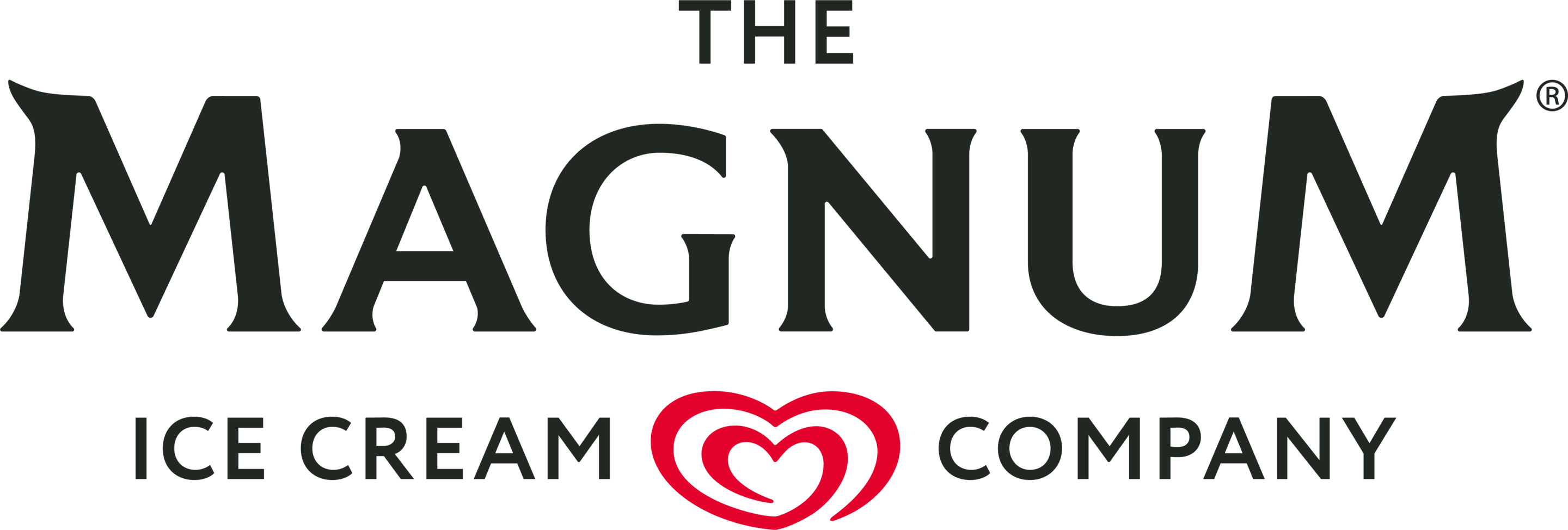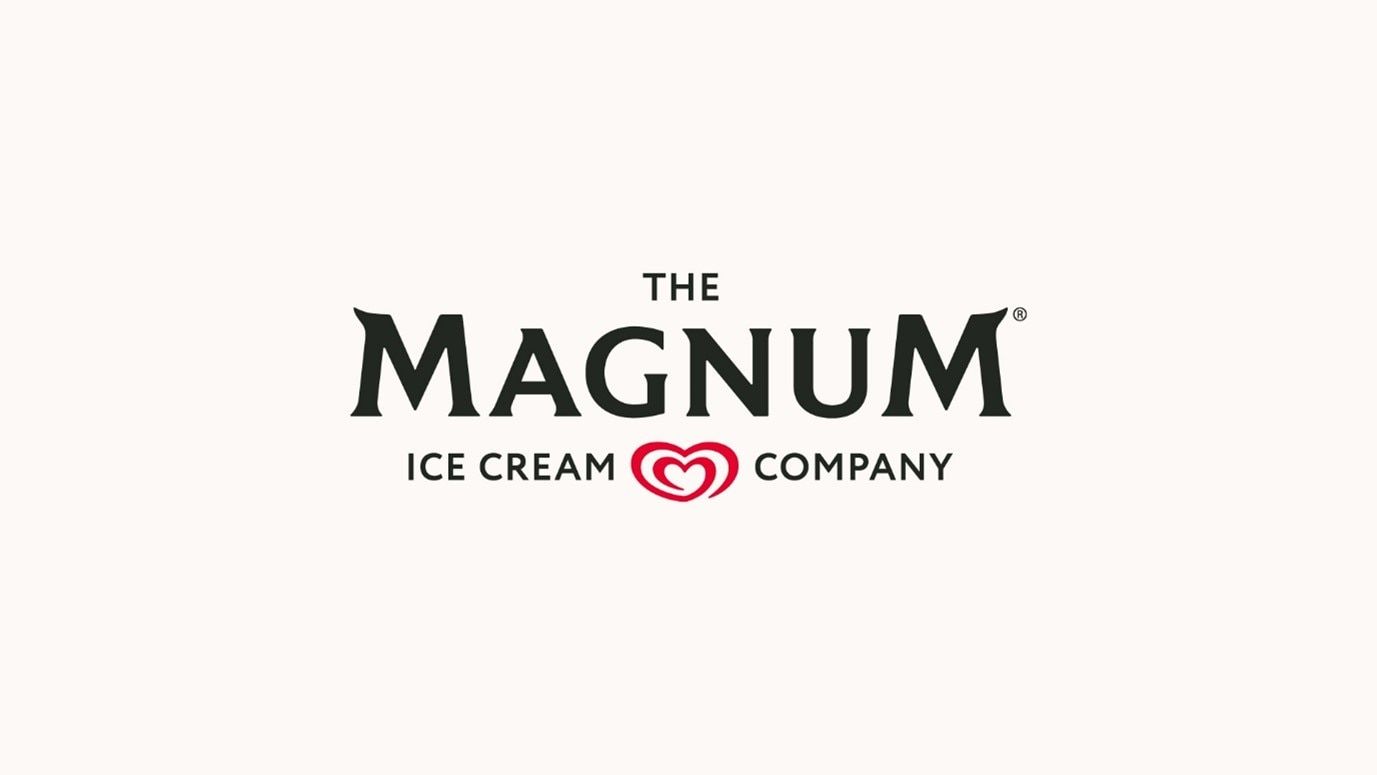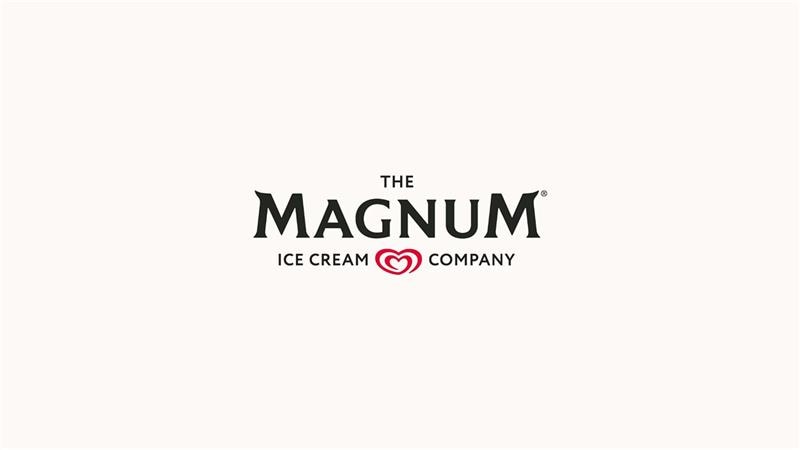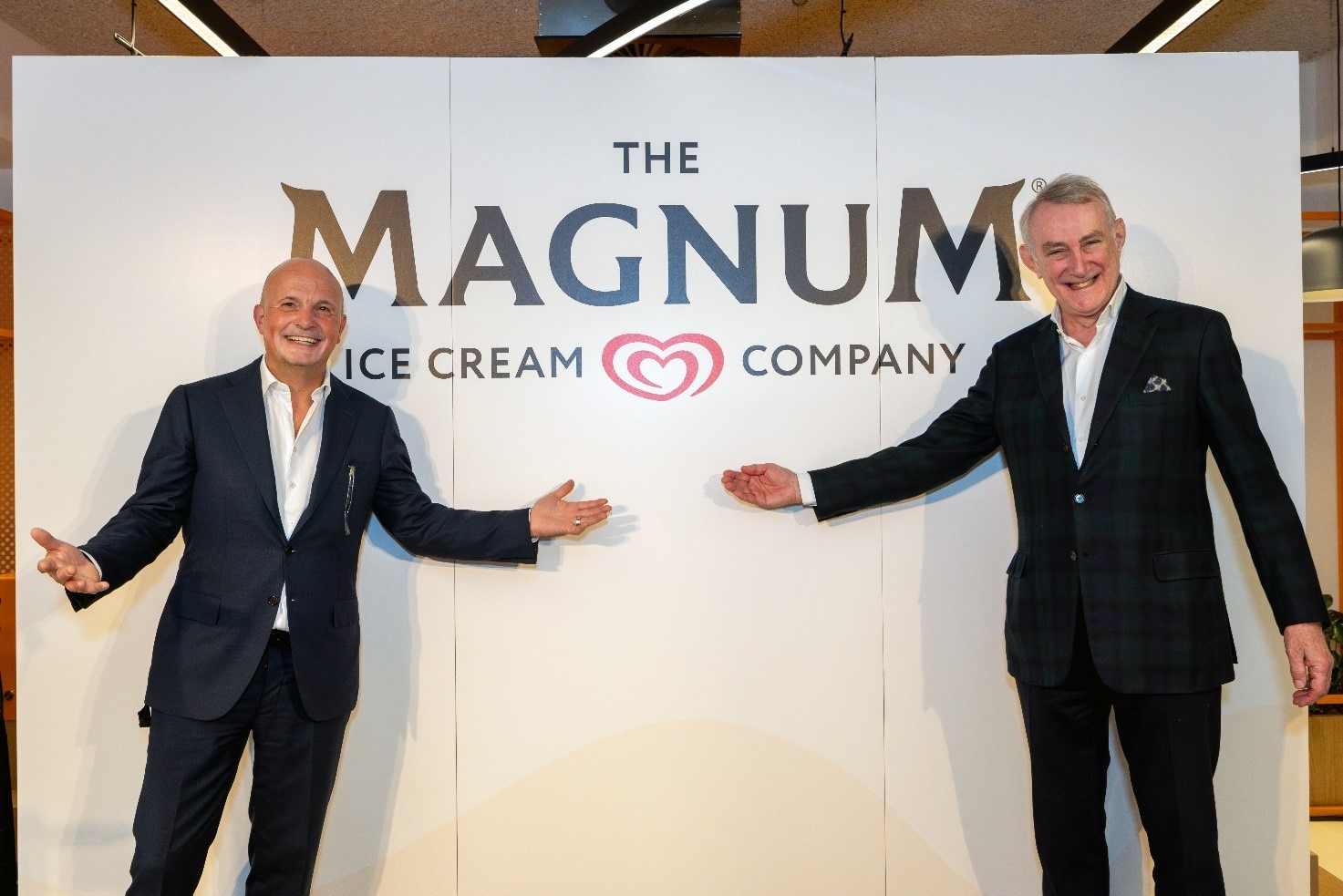Skip to:
Key investment highlights:
- The Magnum Ice Cream Company to become the only global pure-play listed company in the large, growing and resilient ice cream market, which has attractive returns
- Largest ice cream company in the world with 160 years of expertise and heritage
- A portfolio well positioned for growth with strong brands, leading capabilities and world-class innovations, run by a highly experienced leadership team with a strong industry track record
- Clear strategy to deliver growth and improve productivity
- Revamped front-line first organisation with a winning culture and incentives aligned to medium-term plan
Summary of medium-term financial outlook:
- Average annual Organic Sales Growth of 3-5% in the medium-term1 from 2026
- Average annual Adjusted EBITDA margin improvement 40-60bps in the medium-term1 from 2026
- Free Cash Flow of €0.8bn - €1bn in 2028 and 2029
- Sustainability strategy anchored in a 2050 net zero ambition, advancing resilient supply chains, responsible sourcing and packaging and driving innovation, product safety and wellbeing
1 Organic sales growth and Adjusted EBITDA margin improvement plan does not apply to any individual year, but is an average over the medium-term
Amsterdam, 9th September 2025 - The Magnum Ice Cream Company (TMICC), the largest ice cream company in the world, will today host its first Capital Markets Day (CMD) for investors and analysts in London. During this event, TMICC management will present its business, strategy and financial framework ahead of the planned demerger from Unilever PLC (Unilever) and standalone listing, both of which are expected to complete by mid-November. Following the demerger, shares of TMICC will start trading in Amsterdam, London and New York2.
Jean-François van Boxmeer, Chair Designate, TMICC: 'This CMD marks an important step in the demerger process from Unilever. Since taking the role of Chair Designate earlier this year, I have been inspired by the expertise and commitment of the executive team and the wider group of employees the world over. As the clear global leader in a growing category, The Magnum Ice Cream Company has the scale, the expertise and, most importantly, the strategy to drive an already outstanding business towards further success for all stakeholders.'
Peter ter Kulve, Chief Executive Officer & Executive Director, TMICC: 'We are proud to share our strategy for The Magnum Ice Cream Company with the financial markets during our first CMD. Our global portfolio of iconic market-leading brands, world class distribution network and track record of industry-leading innovation, together with our passionate and expert people, position us perfectly to deliver unforgettable moments for the customers who love our products and value for our shareholders. Together, we will build on our heritage, drive sustainable growth and bring the joy of ice cream to even more people around the world.'
The full CMD presentation is available on the TMICC demerger section of the Unilever Investor Relations website ahead of the CMD, which can be followed online from 12:30BST today. A summary of the equity story and key financial highlights are provided below.
TMICC: A global leader in a large, growing and resilient market
TMICC will become the only pure-play listed company in ice cream. The global ice cream market is estimated at €75bn and is part of the €470bn global snacking market. The ice cream market has grown consistently at a CAGR of 3-4% per year on average over the past ten years, with attractive returns.
Largest ice cream company in the world
TMICC is the global market leader in the ice cream category with 160 years of expertise and heritage. In 2024, the company generated €7.9bn in revenue and €1.3bn of Adjusted EBITDA. TMICC owns 4 of the 5 biggest ice cream brands worldwide, operates a market-leading ~3 million freezer cabinets and has a global retail market share of approximately 21%.
TMICC has consistently led innovation in the ice cream category. TMICC’s brands have influenced when and how ice cream is consumed around the world today. TMICC’s innovation track-record started early in its history, with the introduction of the Popsicle brand as the first frozen, flavoured ice pop on a stick. In the 1980s and 1990s, Ben & Jerry’s drove growth in the market for premium ice cream offered in pint-sized and smaller containers, which have subsequently become a staple in supermarkets worldwide. The introduction of the Magnum brand launched an icon of indulgence, which continues to shape the market with new formats and occasions.
Portfolio well-positioned for growth
TMICC offers an extensive range of ice cream products across all channels, price points, snacking occasions and demand moments, with tastes and product formats tailored to regional consumer preferences. It has a balanced footprint across regions with a good mix of global power brands such as Magnum, Ben & Jerry’s, Cornetto and the Heart-brand, plus local heroes including Breyers, Klondike and Popsicle.
Clear strategy to deliver growth and improve productivity
Growth: TMICC has a clear strategy to accelerate organic growth and improve productivity. The company expects to accelerate its organic sales growth through:
· Growing the number of ice cream occasions with market-making innovations
· Competitive TMICC pricing strategy across all snacking price points
· International roll-out of premium brands
· Dynamic, digital-led demand creation
· Expansion of availability across channels
Productivity: The company has a productivity program which is expected to deliver cumulative gross savings of €500m in the medium term, fuelling growth and margin expansion, driven by:
· Supply chain transformation: End-to-end network optimisation, driving a step-change in manufacturing productivity and increasing procurement efficiency, expected to deliver €350-380m in savings
· Overheads reduction: Lower overheads expense as a standalone company than operating as a division through a de-layered front-line focused organisation with lean headquarters and end-to-end P&L accountability in markets is expected to result in €70-100m in savings
· Tech-enabled productivity: An efficient and fit for purpose tech infrastructure, scaling and leveraging Global Business Solutions, expected to achieve €30-50m in savings
The program is well on track and the company has already delivered savings of €150m over the last 18 months.
Reinvestment: TMICC plans to step-up capex to drive growth and productivity, as well as enable re-investment in advertising and promotion to fuel sustainable growth. As such, it expects capex as a % of sales to increase to ~5% of revenues in the medium-term before stabilising between 4-5% over the long-term.
Balanced capital allocation policy
TMICC’s balanced capital allocation policy is focused on delivering organic growth, productivity and cash.
The company has a stable dividend policy, with a pay-out ratio of 40-60% of net income after adjusting items, with the first dividend to be paid in 2027 for FY 20263.
TMICC is expected to have an initial net debt / Adjusted EBITDA ratio of 2.4x4. TMICC plans a medium-term net debt / Adjusted EBITDA leverage ratio of 2.0 to 2.5x, while maintaining a solid investment-grade credit rating.
Summary of medium-term financial outlook:
· Average annual Organic Sales Growth of 3-5% in the medium-term5 from 2026
· Average annual Adjusted EBITDA margin improvement 40-60bps in the medium-term5 from 2026
· Free Cash Flow of €0.8bn - €1bn in 2028 and 2029
Focused sustainability strategy
TMICC has a focused sustainability strategy that enables growth, strengthens resilience and delivers meaningful business impact and value. The strategy is anchored in a 2050 net zero ambition, advancing resilient supply chains to future-proof the supply of key commodities, responsible sourcing and packaging and driving innovation, product safety and wellbeing.
Revamped front-line first organization with a winning culture and incentives aligned to the medium-term plan
The 13 executive committee members of TMICC bring more than 325 years of experience, including more than 60 years specifically in the Ice Cream business.
TMICC has established a front-line first organisation to drive accountability and profitable growth in markets, with individual markets having P&L and cash accountability and responsibility for end-to-end success in their respective markets. Incentives are aligned to delivery of the medium-term plan as well as share appreciation.
Demerger process
The Magnum Ice Cream Company is already operating as a standalone company within the Unilever group from 1st July 2025. The demerger of TMICC from Unilever to become a separate, listed company is on track to be completed in mid-November 2025.
Upon demerger, Unilever will retain a <20% stake in TMICC, subject to regulatory approvals, for a period of up to five years. Over time, the retained stake will be sold down by Unilever in an orderly and considered manner to pay its separation costs and for it to maintain capital flexibility through a reduction in net debt. The retained stake demonstrates Unilever’s support and belief in TMICC.
Applications will be made for ordinary shares in TMICC to be listed in Amsterdam, London and New York, on the same three exchanges on which Unilever’s ordinary shares and American Depositary Shares are currently traded. TMICC is incorporated and headquartered in the Netherlands.
Enquiries |
|
Media Relations |
Investor Relations |
Notes to editors:
- Webcast agenda (all times BST):
12:30 |
Presentations from management on Strategy, Growth levers, Productivity plan and People and Culture, including Q&A |
14:15 |
Presentations on the Regions |
16:00 |
Presentations from management on Financials and Outlook, including Q&A |
17:15 |
Conclusion and wrap up |
Cautionary statement regarding forward-looking statements and assumptions
This announcement does not constitute or form part of any offer or invitation to sell or issue, or any solicitation of any offer to purchase or subscribe for any securities, nor shall it (or any part of it) form the basis of, or be relied on in connection with or act as any inducement to enter into, any contract or commitment whatsoever.
The information contained in this announcement speaks only as at the date of this announcement and subject to applicable law or regulation neither Unilever PLC nor any member of its group (together, the 'Group') has, or accepts, any responsibility or duty to update any such information, document or announcement and reserves the right to add to, remove or amend any information reproduced in this announcement at any time.
This announcement may contain forward-looking statements, including 'forward-looking statements' concerning the financial condition, results of operations and businesses of the Group. All statements other than statements of historical fact are, or may be deemed to be, forward-looking statements. Words such as 'will', 'aim', 'expects', 'anticipates', 'intends', 'looks', 'believes', 'vision', 'ambition', 'target', 'goal', 'plan', 'potential', 'work towards', 'may', 'milestone', 'objectives', 'outlook', 'probably', 'project', 'risk', 'seek', 'continue', 'projected', 'estimate', 'achieve' or the negative of these terms and other similar expressions of future performance or results and their negatives, are intended to identify such forward-looking statements. Forward-looking statements also include, but are not limited to, statements and information regarding, the Group’s portfolio optimisation towards global or scalable brands, the capabilities and potential of such brands, the various aspects of the separation of Ice Cream and its future operational model, strategy, growth potential, financial performance, returns and medium-term financial outlook of The Magnum Ice Cream Company, the Group’s productivity programme, its impacts and cost savings over the next three years and operation dis-synergies from the separation of Ice Cream, the Group's emissions reduction targets and other sustainability-related targets and climate change-related matters (including actions, potential impacts and risks associated there with).
These forward-looking statements are based upon current expectations and assumptions regarding anticipated developments and other factors affecting the Group. They are not historical facts, nor are they guarantees of future performance or outcomes. All forward-looking statements contained in this announcement are expressly qualified in their entirety by the cautionary statements contained or referred to in this announcement. Readers should not place undue reliance on forward-looking statements.
Because these forward-looking statements involve known and unknown risks and uncertainties, a number of which may be beyond the Group’s control, there are important factors that could cause actual results to differ materially from those expressed or implied by these forward-looking statements.
The forward-looking statements are based on the Group’s beliefs, assumptions and expectations of its future performance, taking into account all information currently available to the Group. Forward-looking statements are not predictions of future events. These beliefs, assumptions and expectations can change as a result of many possible events or factors, not all of which are known to the Group. If a change occurs, the Group’s business, financial condition, liquidity and results of operations may vary materially from those expressed in the Group’s forward-looking statements.
The forward-looking statements speak only as of the date that they are made. Except as required by any applicable law or regulation, the Group expressly disclaims any obligation or undertaking to release publicly any updates or revisions to any forward-looking statements contained herein to reflect any change in the Group’s expectations with regard thereto or any change in events, conditions or circumstances on which any such statement is based. New risks and uncertainties arise over time and it is not possible for the Group to predict those events or how they may affect it. In addition, the Group cannot assess the impact of each factor on its business or the extent to which any factor, or combination of factors, may cause actual results to differ materially from those contained in any forward-looking statements.
Reporting framework
Prior to 1st of July 2025, TMICC did not operate as a standalone group. Whilst a part of Unilever, TMICC has historically been reported as an operating segment under IFRS 8 in Unilever’s annual report and interim financial reporting ('Ice Cream'). The financial information utilised in this presentation has been derived from historical financial information prepared by management on a combined carve-out basis in connection with the anticipated demerger and separation of TMICC from Unilever and, therefore, differs both in purpose and basis of preparation to the Ice Cream segment as presented historically in Unilever’s financial reporting. As a result, whilst the two sets of financial information are similar, there are certain differences in accounting and disclosure under IFRS.
These differences primarily include:
· Removal of countries (e.g. Russia and India) which are not in the carve-out perimeter, but historically reported within Ice Cream
· Other minor adjustments
This information may differ from the historical financial information published in the Prospectus ahead of the anticipated demerger.
Non-IFRS Financial Measures Definitions
The information in this announcement contains certain measures not defined by, or calculated in accordance with, IFRS, including organic sales growth, Adjusted EBITDA, Adjusted EBITDA margin and Free Cash Flow. The non-IFRS financial measures presented in this announcement and in the CMD may not be comparable to other similarly titled measures used by other companies, have limitations as analytical tools and should not be considered in isolation, or as a substitute for, financial information presented in compliance with IFRS.
OSG refers to the increase in revenue for the period, excluding any change in revenue resulting from disposals, changes in currency and price growth in excess of 26 per cent. in hyperinflationary economies. Inflation of 26 per cent. per year compounded over three years is one of the key indicators within IAS 29 to assess whether an economy is deemed to be hyperinflationary. The impact of disposals is excluded from OSG for a period of 12 calendar months from the applicable closing date. OSG includes increases or decreases in sales of an acquired business immediately following the business combination, unless a reliable historical baseline is not available for the 12 months prior to the acquisition, in which case sales during the first 12 months of the acquisition are excluded from OSG.
Adjusted EBITDA is defined as operating profit before the impact of depreciation, amortisation and adjusting items within operating profit. Adjusted EBITDA margin is calculated as adjusted EBITDA divided by revenue for the period.
FCF is defined as net cash flow from operating activities, less net capital expenditure and net interest payments. It does not represent residual cash flows entirely available for discretionary purposes; for example, the repayment of principal amounts borrowed is not deducted from FCF.
Other
No statement in this announcement is or is intended to be a profit forecast or profit estimate.
Certain figures contained in this announcement, including financial information, have been subject to rounding adjustments. Accordingly, in certain instances, the sum or percentage change of the numbers contained in this announcement may not conform exactly with the total figure given.
Certain financial information contained herein has not been audited, comforted, confirmed or otherwise covered by a report by independent accountants. When and if audited financial information is published or becomes available, the data could vary from the data set forth herein. In addition, past performance cannot be relied on as a guide to future performance.
2 Subject to regulatory approvals.
3 Subject to approval by the TMICC Board.
4 Net leverage includes dedicated acquisition financing facility for the acquisition of Kwality Walls India Limited, expected to complete in H1 2026.
5 Organic sales growth and Adjusted EBITDA margin improvement plan does not apply to any individual year, but is an average over the medium-term.





